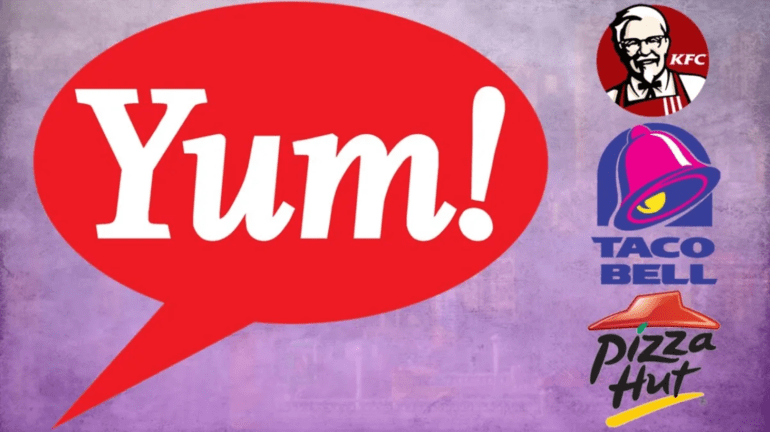- Yum Brands is adopting an “AI-first mentality” across its fast-food chains, including Taco Bell and Pizza Hut.
- Joe Park, the company’s chief digital and technology officer, envisions AI shaping various aspects of restaurant operations.
- Yum Brands aims to leverage AI for customer profiling and personalized promotions to boost sales and attract new customers.
- The company is exploring AI integration in kitchen management, delivery systems, and customer-facing applications like drive-through orders.
- Despite concerns about job displacement, Yum Brands maintains its commitment to its workforce, emphasizing opportunities for enhanced experiences through technology.
Main AI News:
The proliferation of AI hype is undeniable, permeating even the realms of fast food. Yum Brands, the corporate behemoth behind Taco Bell, Pizza Hut, KFC, and Habit Burger Grill, is fully embracing what it terms an “AI-first mentality” within its restaurant chains. According to a report by The Wall Street Journal, Joe Park, the company’s chief digital and technology officer, envisions AI shaping nearly every facet of these restaurants’ operations.
“Our vision of quick-service restaurants entails an AI-first mentality guiding every step of the process,” Park articulated in an interview with the publication. “Considering the myriad applications of AI within restaurant operations, the possibilities are boundless.“
As we’ve previously explored, the term “artificial intelligence” is multifaceted. Its interpretations span from computer-controlled entities in classic games like Pac-Man to advanced algorithms facilitating complex decision-making processes. Yet, in today’s tech landscape, it predominantly signifies profitability, often leading to surges in corporate stock prices merely through its mention.
So, when Yum Brands declares its commitment to AI integration, what does it truly signify? According to WSJ’s findings, it encompasses a comprehensive strategy touching on various fronts. The company has significantly ramped up its investments in technology and automation, with nearly half of its sales now stemming from online and app-based orders and deliveries. It aims to leverage AI to analyze customer profiles and deliver personalized promotions, all with the overarching objective of boosting sales and attracting new clientele.
Park envisions a future where AI permeates every aspect of Yum’s operations, from AI-driven assistance for franchisees to AI-powered kitchen management and delivery systems. The company is even piloting a chatbot akin to ChatGPT within an internal mobile application utilized by restaurant managers for operational oversight. This innovation enables staff to directly query the app for operational guidance, streamlining processes and enhancing efficiency.
Moreover, Yum Brands is exploring the potential of generative AI for customer-facing endeavors, such as voice AI for drive-through orders and image recognition for monitoring vehicle volumes and wait times. Echoing similar pursuits by competitors like Wendy’s, Yum’s endeavors are comprehensive, spanning dynamic pricing experiments to AI-facilitated order processing.
Despite apprehensions regarding AI’s impact on employment within the fast-food sector, Yum Brands maintains its commitment to its workforce. The company asserts that its employees will remain integral to its operations while emphasizing the opportunity to enhance their experiences through technology.
In navigating this evolving landscape, perhaps we’ll find solace in Yum’s AI chatbot, serving as a conduit for deciphering the intricacies of its tech-driven initiatives.
Conclusion:
Yum Brands’ extensive adoption of AI across its fast-food chains underscores a significant shift towards tech-driven strategies within the industry. By leveraging AI for operational enhancements, personalized customer experiences, and streamlined processes, Yum Brands positions itself at the forefront of innovation, signaling broader implications for the market’s trajectory towards automation and efficiency.

